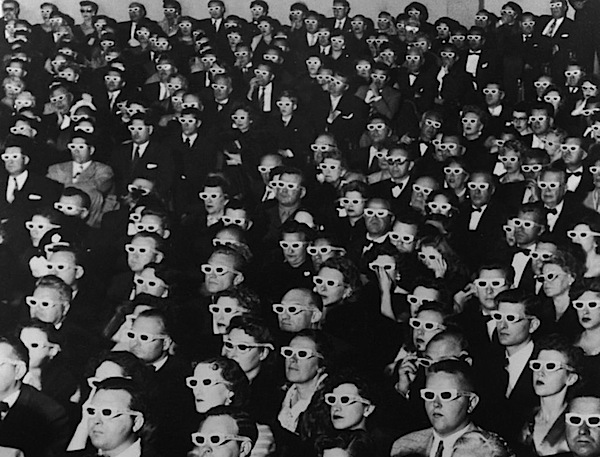Power is defined as having control, authority and influence of others. When it comes to imagery and culture, whoever has the power control the flow and type of publicity can control what does or doesn't become popular culture.
Publicity, according to John Berger, is "the culture of the consumer society"(Berger 139). Berger also feels that publicity "is the life of this culture-in so far as without publicity, capitalism could not survive-and at the same time, publicity is it's dream" (Berger 154).
Just how much of influence that publicity, media, etc. has be dependent on things like different was of looking at the world and how you object to what is going on around themselves.
Others like Guy Debord feel that publicity and imagery is all around us, what Debord refers to as the "society of the spectacle". The "society of the spectacle", acccording to Debord is " a concrete inversion of life, an autonomous movement of the nonliving" which comes from being a " not a collection of images; it is a social relation between people that is mediated by images.
Ultimately, when it comes to media and imagery, it's how the individual themselves let themselves become enveloped by the "next big thing". Whether they use the somewhat racist & archaic "gaze" that bell hooks describes or lumping your decision-making skills into a crowd, like what Gustave LeBon suggests, it ultimately boils down to whenther or not the individual can look past Debord's spectacle and LeBon's crowd to make the decision for themselves.

No comments:
Post a Comment
Note: Only a member of this blog may post a comment.